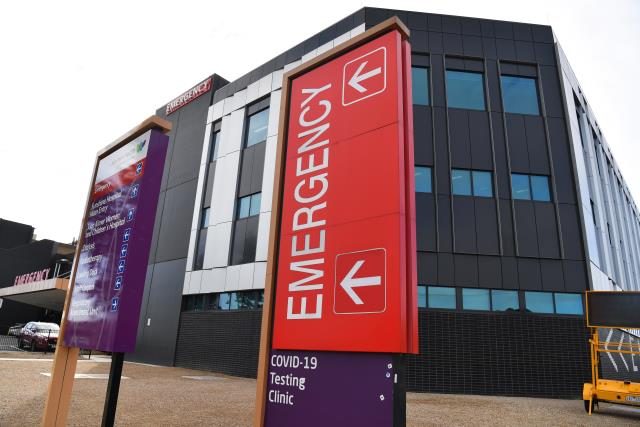By Oliver Lees
New data has revealed voter despair at the lack of funding for public hospitals, as Western Health battles “extremely high levels” of demand.
Released by the Australian Medical Association (AMA) on February 8, the Essential Report drew on 1069 respondents to gauge voter opinion in the lead up to the federal election.
The study found that a third (34 per cent) of surveyed participants were “less likely” to vote for the coalition, given its allocation of funding toward public hospitals.
Specifically in Victoria, 21 per cent of respondents felt the federal government’s allocation of funding has made them more likely, or much more likely to vote for the coalition.
These figures have surfaced as the state continues to battle high demand for hospital services during the COVID-19 pandemic.
Star Weekly reported on February 3 that state Opposition leader Matthew Guy said that if elected, his government would start work on a new hospital in Melton on Ferris Road within 12 months of the election.
In a social media post on February 23, Western Health shared that its emergency services at Sunshine and Footscray Hospitals were experiencing sky-high demand for hospital beds.
“Anyone presenting with less severe illness will experience longer than usual wait times and therefore we recommend you consider seeking care through your GP,” the post read.
“This update is provided to enable you to make an informed decision on whether you need to attend the emergency department at this very busy time.”
The AMA’s data comes as the organisation launches its ‘Clear the hospital logjam’ campaign, which is aiming to tackle the under-resourced sector.
AMA president Dr Omar Khorshid said the recent data was emblematic of a systemic issue.
“The distressing picture we are getting of our hospital funding crisis should be a warning shot to all politicians that they need to pledge they’ll fix public hospital funding if elected,” Mr Khorshid said.
“The only way we will ever resolve this problem is to fundamentally change the way governments fund public hospitals and it needs to happen now.”







